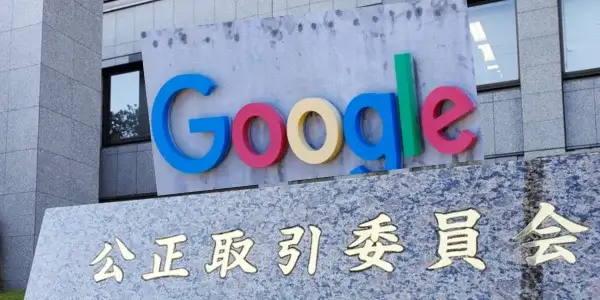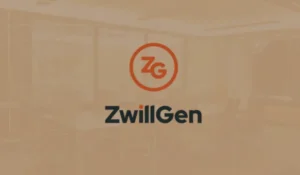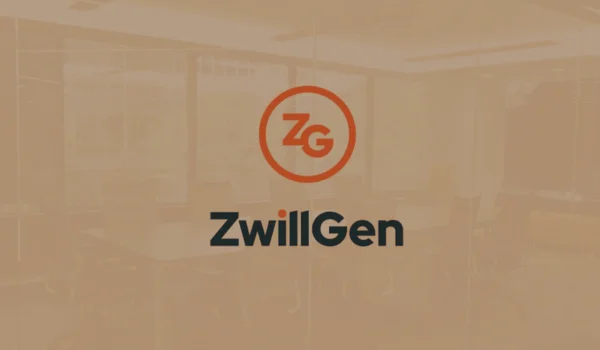Japan’s Fair Trade Commission (JFTC) is poised to issue a cease and desist order against Google, alleging violations of the nation’s antitrust laws in the web search market. This development aligns with global regulatory efforts to address concerns over Google’s market dominance.
JFTC’s Investigation and Findings
Initiated in October 2023, the JFTC’s investigation scrutinized Google’s practices in web search services. The commission is expected to conclude that Google engaged in monopolistic behaviors, warranting corrective measures. Specific details of the alleged violations have not been publicly disclosed.
Global Context of Antitrust Actions Against Google

This action mirrors similar regulatory challenges faced by Google worldwide:
- United States: In November 2024, the U.S. Department of Justice proposed significant measures to curb Google’s search monopoly, including the potential divestiture of its Chrome browser and restrictions on default search engine agreements.
- European Union: In September 2024, the European Court of Justice upheld a €2.4 billion fine against Google for abusing its dominance in the shopping comparison market.
Implications for Google’s Business Model
Google’s Chrome browser, integral to its business strategy, facilitates user data collection that enhances targeted advertising. Regulatory interventions affecting Chrome could disrupt this model, potentially impacting Google’s advertising revenue streams.
Potential Impact on the Japanese Market
Japan represents a significant market for Google, with a substantial user base relying on its search services. The JFTC’s actions could lead to increased competition in Japan’s search engine market, offering consumers more choices and potentially fostering innovation among service providers.
Google’s Response and Future Outlook
As of now, Google has not publicly commented on the JFTC’s impending decision. The company has historically contested antitrust rulings, arguing that its services benefit consumers and promote competition. The forthcoming order from the JFTC may prompt Google to reassess its business practices in Japan to ensure compliance with antitrust regulations.
Conclusion
The JFTC’s anticipated action against Google underscores a global trend of increased regulatory scrutiny over dominant tech companies. As authorities worldwide seek to balance market competition and consumer interests, companies like Google may need to adapt their strategies to navigate the evolving legal landscape.















